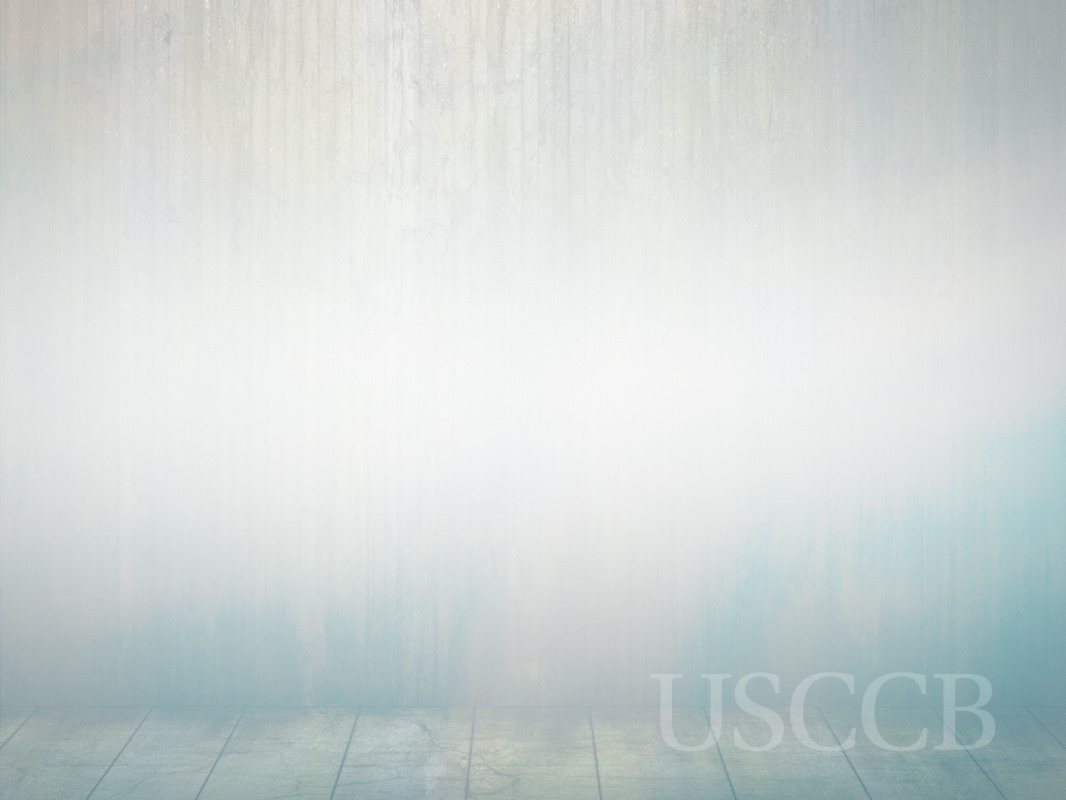

Civil Law Considerations—Financial Law | D-11
agreement, an individual is not subject to FICA or
Medicare taxes if he or she can demonstrate that
he or she is subject to social security tax in another
country. In order for an employee to establish that
his or her wages are subject to foreign social security
taxes only and are exempt from FICA and Medicare
taxes, he or she must request a certificate of cover-
age from the appropriate agency of the foreign coun-
try, which is usually the same agency to which the
employer will pay foreign social security taxes.
57
Departing the United States
Prior to departing the United States, aliens (both
resident and nonresident) are required to obtain cer-
tificates indicating that they have complied with all
obligations imposed by US income tax laws.
58
IRS
regulations provide several exceptions to the certifi-
cate of compliance requirement, including students
on F visas, who have received no US source income
other than allowances incident to their study or
training, the value of any services or food or lodging
connected with their study or training, income from
employment authorized by CIS, and interest income
on deposits that is not effectively connected with a
trade or business in the United States.
59
If an alien does not fall into one of the excepted
categories, he or she must obtain a sailing or depar-
ture permit. To obtain a permit, the alien must
file either Form 1040-C,
U.S. Departing Alien
Income Tax Return
, or Form 2063,
U.S. Departing
Alien Income Tax Statement
,
60
whichever is appli-
cable, with the local IRS office before leaving the
United States.
the Czech Republic, Denmark, Finland, France, Germany, Greece,
Ireland, Italy, Japan, Korea (South), Luxembourg, Netherlands,
Norway, Poland, Portugal, the Slovak Republic, Spain, Sweden,
Switzerland, and the United Kingdom.
57 If the foreign country does not issue certificates of coverage, the
individual or his or her employer should request a statement that
wages are not covered by the US social security system. Such
requests should be made to the US Social Security Administration,
Office of International Programs, PO Box 17741, Baltimore, MD
21235-7741 or through
www.socialsecurity.gov/coc.
58 IRC § 6851(d)(1).
59 Treas. Reg. § 1.6851-2(a)(2)(ii). Other exceptions include visitors,
aliens in transit through the United States, and commuters from
Canada and Mexico.
60 The Form 2063 is a short form that asks for certain information but
does not include a tax computation. If an alien tries to leave the
United States without a sailing or departure permit and cannot show
that he or she is qualified to leave without it, the alien may be sub-
ject to examination by an IRS employee at the point of departure.
Treas. Reg. § 1.6851-2(a).
Basic Tax Exemption Concepts
The vast majority of US Catholic dioceses, eparchies,
parishes, elementary, and secondary schools, colleges
and universities, charities, hospitals, nursing homes,
and related organizations as well as US religious
orders and their related ministry organizations are
recognized as exempt from federal income tax under
section 501(c)(3) of the Code by virtue of their inclu-
sion in the USCCB Group Ruling.
61
Verification of
inclusion in the USCCB Group Ruling requires pre-
sentation of the following documents: (1) a copy of
the current year’s Group Ruling letter issued by IRS
to the USCCB;
62
and (2) a copy of the cover page
and the page from the current year’s edition of the
OCD on which the sponsoring organization is listed.
Only organizations that are created in the United
States and have a significant structural relationship
to the Roman Catholic Church in the United States
are eligible for inclusion in the USCCB Group
Ruling. No foreign organization may be included in
the USCCB Group Ruling.
Restrictions on Use of Tax-Exempt Organization
Funds/Assets.
The funds and assets of a US Catholic
diocese, eparchy, parish, school, hospital, religious
order, or other church organization, qualified as a
section 501(c)(3) tax-exempt organization, must be
used exclusively for religious, charitable, educational,
healthcare, or other tax-exempt purposes. The funds
and assets of such organizations are not available for
the personal use of any individual, including inter-
national religious workers or seminarians, with the
exception of the payment of authorized, reasonable
salary and benefits.
International religious workers are responsi-
ble for their own personal expenses (and those of
any accompanying dependents). Personal expenses
include payments that a religious worker may choose
to make to family members or toward religious/char-
itable works in his or her home country. Any such
expenses must be paid from the religious worker’s
salary payments. Religious workers may not direct
or utilize the funds or assets of any diocese, epar-
chy, parish, school, hospital, religious order, or other
tax-exempt organization to or for the benefit of per-
sonal or family needs or the support of religious or
charitable works in their countries of origin.
61 Section 501(c)(3) tax exemption may also be established by apply-
ing directly to the IRS.
62 A copy of the current USCCB Group Ruling letter, along with
related explanatory materials, is available on the USCCB website at
www.usccb.org/ogc.

















